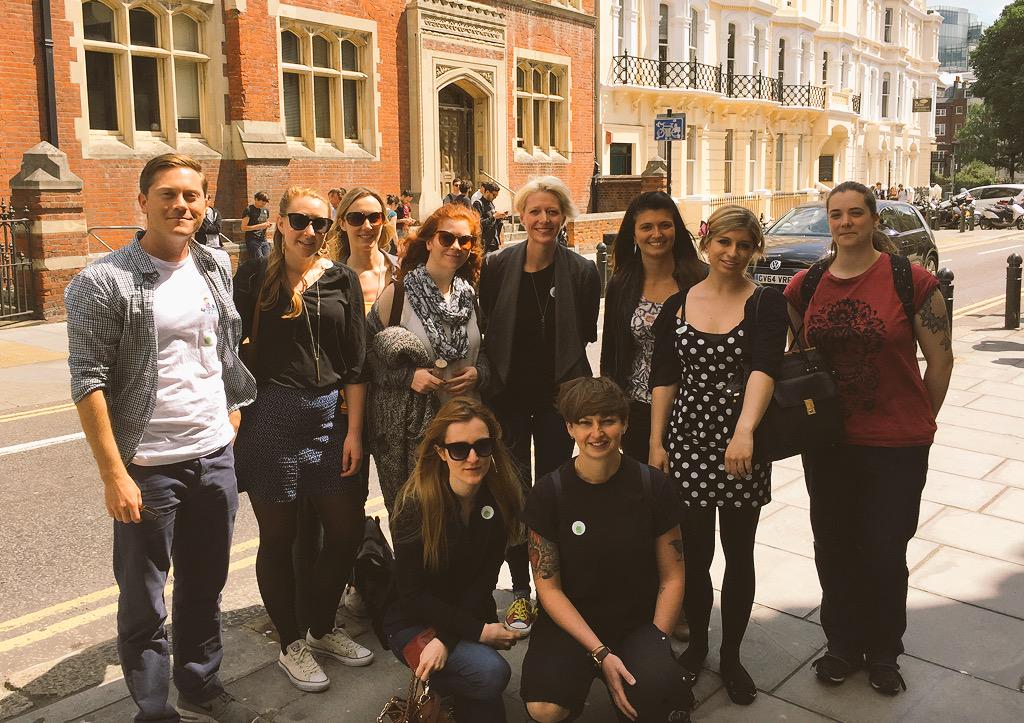2015 Year in Review
2015, a sensational year for us here at codebar, has reached its end. Throughout this time we opened a number of new chapters, ran many great events, grew our community by almost 120% and facilitated over 100 workshops across 8 of our chapters. We had an amazing time meeting all of you and building up our amazing community. Let’s take a closer look at our achievements this year.
5new chapters
-
Birmingham
-
Bournemouth
-
Manchester
-
South London
-
West London
137workshops
That’s a total of 342.5 hours of networking and learning.
100 of those workshops were organised by our two busiest chapters, London and Brighton.
- 50 London
- 50 Brighton
- 12 Cambridge
- 7 Birmingham
- 7 Bournemouth
- 5 South London
- 6 West London
- 2 Manchester
In total, we have facilitated 223 workshops since October 2013.
2978members in total
1625 people signed up to codebar, which is an incredible 149% join rate increase from the 1140 who joined in 2014.
At the end of the year, the total number of subscribers per chapter was:
- 1537 London
- 481 Brighton
- 292 South London
- 209 West London
- 157 Cambridge
- 61 Birmingham
- 58 Manchester
- 45 Bournemouth
- 34 Belfast
4934workshop RSVPs
- 2825 London
- 1512 Brighton
- 184 West London
- 144 Cambridge
- 138 South London
- 69 Bournemouth
- 46 Birmingham
- 16 Manchester
7914 have RSVP’d across all workshop ever taken place.
On top of our regular workshops, we also ran some great events:
- Kickstart Your Developer Career
- Mind the Code
- uncodebar
- 24 Pull Requests 2015
- Code and Chips - Building an RFID and QR code scavenger hunt
And we took part in some amazing initiatives:
Students and organisers got the opportunity to attend great conferences, learn, network and spread the word about what we do and ways of promoting diversity. This was thanks in no small part to sponsors, donated tickets and money raised from donations:
- BathRuby 2015: BathRuby for offering us three tickets and shutl for their generous donation that enabled us to provide travel, accommodation and three more tickets to the conference
- Eurucamp: Tom Stuart on donating three tickets and George Sheppard for sponsoring of travel expenses.
- EuRuKo 2015: shutl for the generous donation that enabled us to offer four tickets and make the trip possible by helping with travel and accommodation.
- re:develop 2015: re:develop for offering us a lightning talk slot at their conference and their support in helping us set up our Bournemouth chapter.
- FEL and Made by Many for supporting us all year round with complimentary tickets to their monthly event for our students.
2015 was also the year we got some recognition for our work. Not only were we nominated and shortlisted for the Grassroots Event of the Year net award but we also received the 330th Point of Light award by the Prime Minister for helping to get more women and people from ethnic minority backgrounds into coding.
Thank you to our 107 current and past sponsors, as without your generous support we wouldn’t have achieved as much in such a short time; to every single one of our mentors, for using your personal time to coach and having an active role in creating a more diverse industry and to each and every one of our amazing students, because your passion and enthusiasm is what keeps us going.
Thanks to all of you for your donations, supporting our work and making 2015 a great year, full of wonderful moments and amazing work.
Here’s to an even better 2016

















